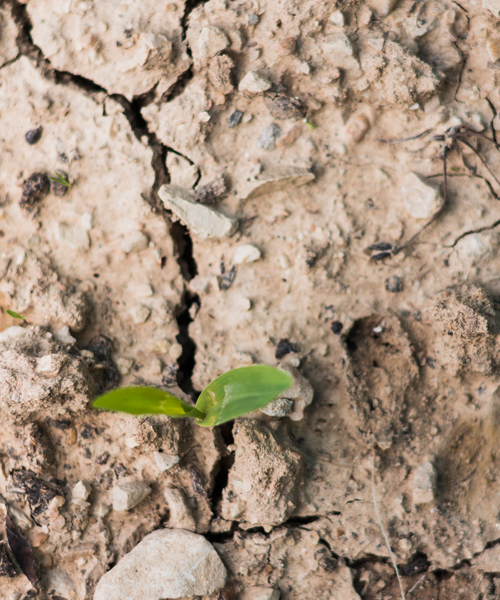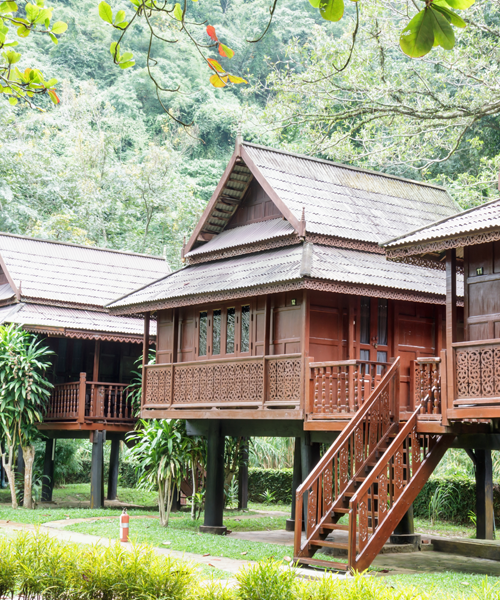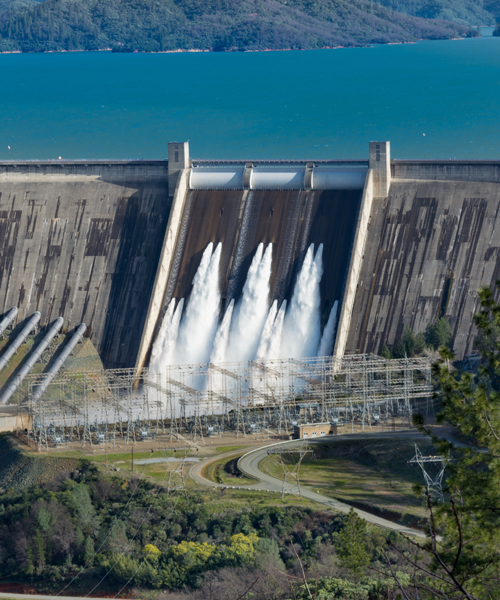Programs and Initiatives
Extensive deforestation in the Himalayan biosphere has led to habitat fragmentation, threatening endemic biodiversity and exacerbating geohazards like landslides and soil erosion. Intervention: Envirovibe implements afforestation and reforestation initiatives focusing on indigenous species. Sustainable forest management practices and conservation easements are established to maintain ecological connectivity. Global Impact: These efforts contribute to carbon sequestration, enhance biodiversity preservation, and stabilize local ecosystems, positively influencing global climate patterns.
Anthropogenic climate change accelerates glacial retreat in the Himalayas, jeopardizing water security for downstream populations. The foundation advocates for robust carbon mitigation strategies, advances research on glacial hydrology, and develops adaptive water resource management frameworks. By preserving Himalayan glaciers, these strategies ensure sustained water availability, crucial for millions and vital for agricultural productivity across Asia.
The unique biodiversity of the Himalayas faces threats from habitat loss, climate change, and invasive species. Envirovibe establishes protected areas, employs conservation genetics to monitor genetic diversity, and engages in ex-situ and in-situ conservation programs. Protecting endangered species and maintaining genetic diversity contributes to global biodiversity, ensuring the resilience of ecosystems.
Unsustainable agricultural practices and deforestation lead to significant soil degradation and loss of arable land. The foundation promotes agroecological practices and implements soil conservation methodologies, alongside developing alternative livelihood programs. These initiatives enhance soil health, support food security, and mitigate the impacts of erosion, benefiting global agricultural systems.
Human encroachment into critical habitats intensifies human-wildlife conflicts, harming both communities and wildlife. Envirovibe designs habitat corridors for wildlife movement and develops community-based conflict mitigation strategies. These efforts foster coexistence, contributing to species conservation while enhancing community safety and resilience.
Unregulated tourism and urbanization lead to severe pollution in the Himalayan ecosystems. The foundation develops integrated solid waste management systems and promotes circular economy principles, along with environmental education campaigns. Effective waste management reduces pollution, enhancing ecosystem health and preserving water quality, which is vital for global biodiversity.
The region's susceptibility to landslides is exacerbated by deforestation and climate variability. Envirovibe implements nature-based solutions for slope stabilization and enhances community-based early warning systems. Strengthening disaster preparedness contributes to regional stability and resilience, reducing the socioeconomic impacts of natural disasters.
Unchecked tourism expansion results in environmental degradation. The foundation develops ecotourism frameworks prioritizing environmental stewardship and enforces sustainability standards. Sustainable tourism supports local economies while minimizing ecological footprints, promoting conservation efforts globally.
Himalayan rivers suffer degradation from pollution and runoff. Envirovibe supports decentralized wastewater treatment systems and promotes riparian buffer zones. Restoring freshwater habitats enhances aquatic biodiversity and water quality, critical for sustaining global freshwater resources.
High vulnerability to climate-induced disruptions threatens agricultural productivity and community resilience. The foundation develops localized climate adaptation strategies, emphasizing sustainable practices and disaster risk reduction measures. These strategies enhance community resilience, contributing to global efforts in combating climate change.
Natural disasters disrupt access to essential healthcare services in vulnerable areas. Envirovibe establishes mobile medical units and develops rapid response protocols during disasters. Providing immediate healthcare support mitigates health impacts, improving resilience in disaster-prone regions worldwide.
Remote and disadvantaged communities face severe challenges in accessing healthcare, education, and employment. The foundation offers comprehensive healthcare services and educational support through outreach programs and telemedicine facilities. Improving access to essential services fosters economic self-sufficiency and enhances the quality of life, contributing to global development goals.











